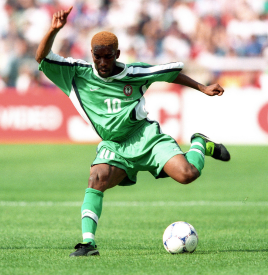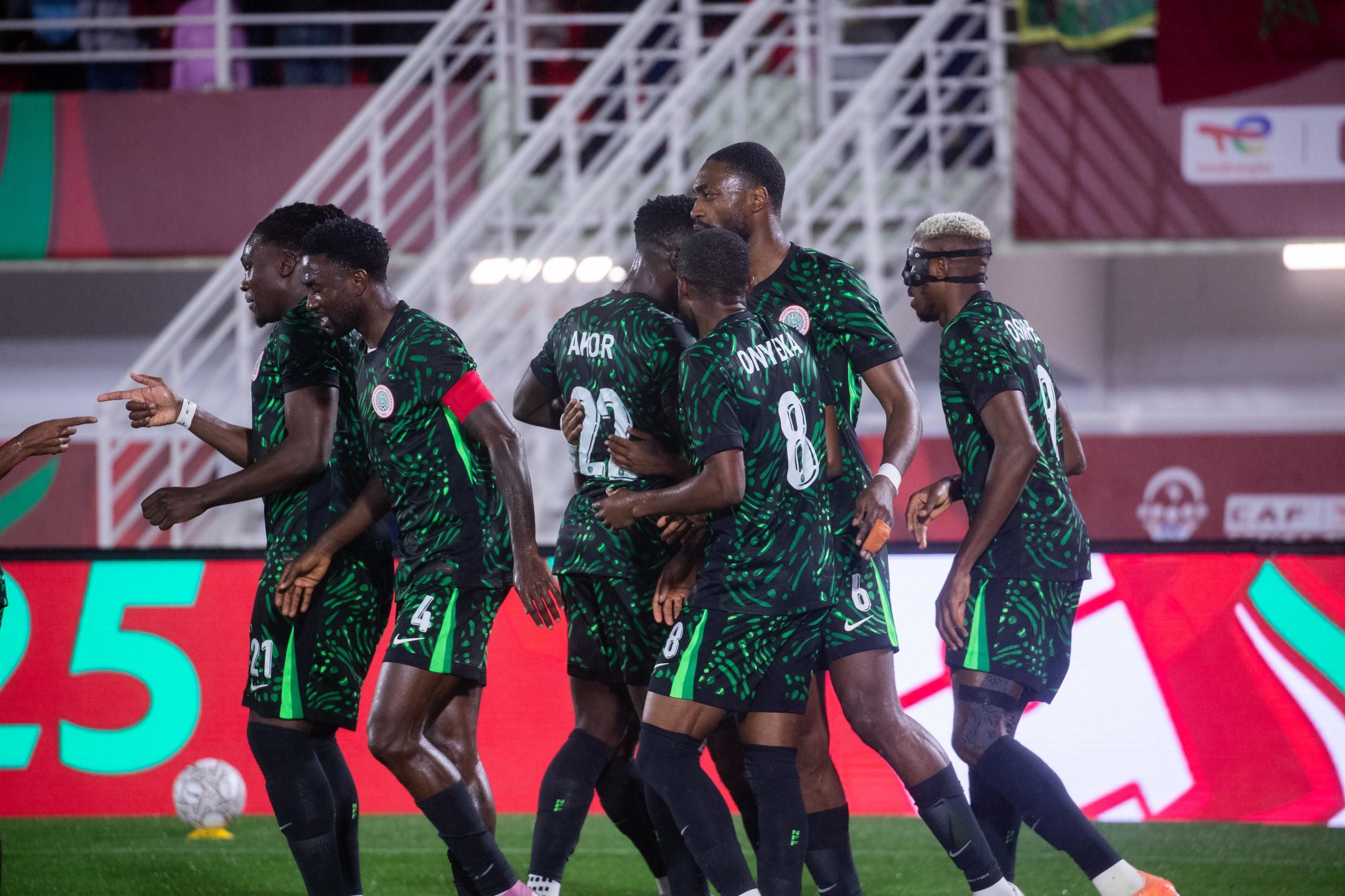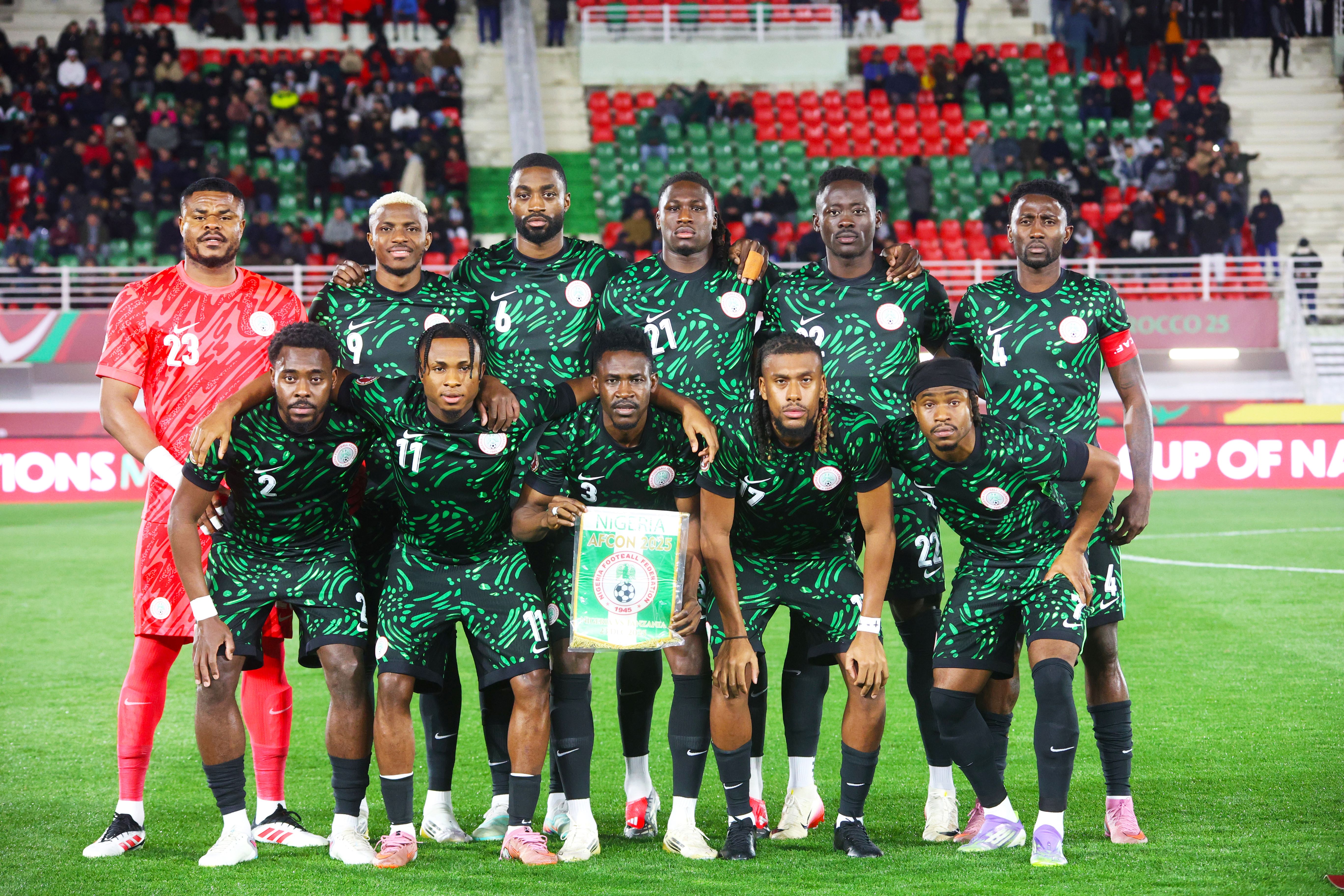Nigeria's national football team that shone bright at the 1996 Olympic Games in Atlanta is well-recognized worldwide. From Jay-Jay Okocha's dazzle to Nwankwo Kanu's backflip celebrations, these players have become icons.
Nigeria first competed officially as an independent nation during 1949 when they were still under British colonial control. Prior to these international games being hosted on home turf, "UK Tourists" would play friendly warm-up matches against amateur teams from England in England as warmup. You can visit MelBet login Bangladesh to be more aware of such events in history and bet on future sports events.
Origins
Football was introduced to Nigeria by British colonial masters and quickly gained widespread acclaim amongst Nigerians. Clubs soon emerged, and by 1945 a national competition called the Governors Cup was underway.
Azikiwe was an outspoken champion for African self-determination, using football to spread this cause across his homeland and mobilise populations for social change. His vision was to expand football across every corner of his nation as an instrument of political mobilization.
Nigeria played its inaugural official international football match on August 16, 1949 aboard the RMSS Apapa from Lagos Railway to Liverpool, led by captain Titus Okere from Lagos railway. They consisted of 17 players - goalkeepers Sam Ibiam and Isaac Akioye served as goalkeepers while Sam Ibiam, Isaac Akioye, Justin Onwudiwe, Isiaku Shittu and Isiaku Shittu served as defenders and Isiaku Shittu was included on their 17 man squad alongside goalkeeper Sam Ibiam and Isaac Akioye with Isiaku Shitttu serving midfielders Edet Ben and Dan Anyiam before forwards Mesembe Otu, Peter Anieke, Sokari Dokubo, Tesilimi Balogun and Titus Okere was selected from Lagos railway. On 16 August, they boarded their ship headed towards Liverpool led by captain Titus Okere from Lagos railway. Captain Titus Okere from Lagos railway.
Development
Nigeria held its inaugural football match in 1904; by 1940s local clubs began to form and compete in regional leagues. In 1945, the Nigerian Football Association (NFA), now considered to be governing body of Nigerian football, was launched. Subsequently in 1960 when Nigeria attained independence from Britain, NFA affiliated with FIFA as its governing body of football.
Nigeria first played its inaugural international match as an official national team during British colonial rule in October 1949, initially under the name UK Tourists but quickly becoming known as Red Devils due to their red jerseys. When independence arrived, their name was altered to Green Eagles after independence as an homage to their nation's coat of arms which depicts an eagle as its emblem.
Nigeria has quickly risen to become one of the premier teams in Africa, having qualified for six FIFA World Cups and winning three African Cups of Nations titles. Even after facing some hiccups such as an FIFA ban lifted in 2014, they remain highly popular and successful.
Achievements
Nigeria hosted its inaugural football match in 1904 and clubs began to form. By 1945, however, the Nigerian Football Association (NFA) had been established and became the national governing body. By 1950s football had become Nigeria's most beloved sport bringing national pride and political freedom for citizens alike.
Nnamdi Azikiwe used football to foster African nationalism and self-determination, founding Zik's Athletic Club in Lagos to rally his people against British colonialism.
Nigeria first celebrated success when led by Christian Chukwu won the African Cup of Nations tournament in 1980. That victory propelled Nigeria from being one of Africa's lesser known teams to one of its elite ones and set them on their journey for future achievements.
Future
Nigeria's football culture has proven an unifying force. It gives people pride in their nation while providing political liberties. Furthermore, football has produced legends such as Rashidi Yekini and Nwankwo Kanu who both received two African Player of the Year awards during their illustrious careers.
Asisat Oshoala made history when she became the first African Women's Footballer of the Year three times running, defying expectations set forth by her parents who expected her to focus solely on education as a way to secure her future. Additionally, Oshoala became one of only five female African players ever selected for World Cup group stage participation (though she ultimately exited).
Fans follow these moments and stay updated on platforms like MelBet Instagram Bangladesh.







Comments 0
Leave a Comment
No comments yet. Be the first to comment!